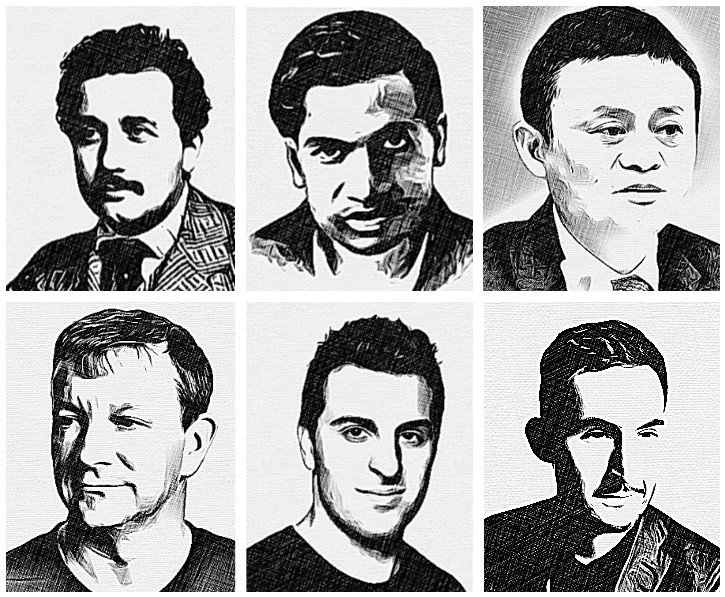by Nezar Assawiel
Rejected? Get inspired by the stories of science and tech giants
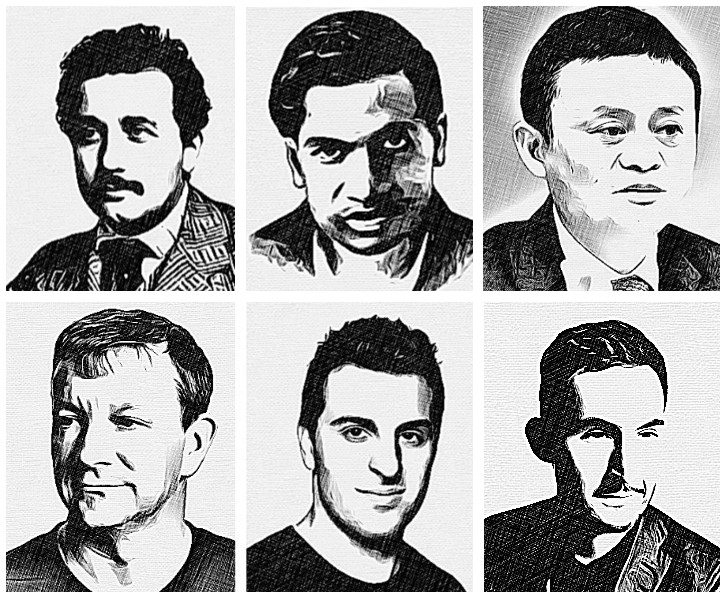
Getting that rejection call or email is not pleasant. You feel disappointed, sad, confused, or teary-eyed. It is especially hard after getting so many no’s, or when you know that you are objectively an excellent candidate for the job. You start doubting yourself and wondering what you are missing.
While there is always room for improvement from your end, there is always room for mistakes from the other end. Those mistakes could be the worst ones of their careers and the biggest opportunities of yours. Treat each rejection as what it is — possibly the best thing that ever happened to you.
When doubt starts getting to your head because you received many rejections, remember that some of the greatest scientists and entrepreneurs were rejected many times, too. Those rejections have led to much better outcomes. Here are some of the rejection stories that inspire me to keep going in the face of rejections.
Albert Einstein
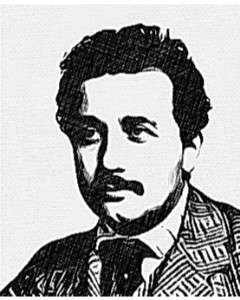
After graduating with a degree in mathematics and physics in 1900, Albert Einstein could not find anybody to hire him. He got rejected from all the schools and colleges to which he applied for a teaching or a research post.
He was struggling so much to find a job that he thought about switching fields and selling insurance! His father wrote letters to his friends, without telling Einstein, asking if they could get a job for his son, with no success.
After almost two years of unemployment, the desperate Einstein moved to Bern — the Swiss capital — where the father of one of his friends got him a job as a junior patent examiner. He worked there until 1909.
Einstein used to finish his tasks quickly and use the rest of his time to work on scientific research that interested him. During that time — specifically 1905 — he published four of the most important scientific papers ever published. These papers laid the foundation of modern physics in space, time, mass and, energy.
Srinivasa Ramanujan
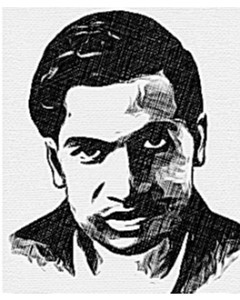
Despite living in poverty for most of his life, receiving little formal education, and passing away at the age of 32, Srinivasa Ramanujan contributed substantially to the field of mathematics.
Ramanujan was able to get a scholarship to attend college. However, his strong interest in mathematics distracted him, thus he failed other subjects and was dropped from the scholarship. He enrolled in another college later and failed other subjects again.
With no college degree, he pursued his mathematical research independently. He lived in poverty and was going door-to-door looking for a clerical job. He would show prospective employers his work and send letters to mathematicians and colleges, detailing advanced theorems that he came up with.
Some didn’t respond to him, some thought he was a fraud, and some were impressed by the work he presented but doubted it was his. There were others, however, who gave him letters of introduction to other notable mathematicians.
His break came as a reply and a sponsorship from G. Hardy — a mathematician at Cambridge University — who recognized the work of a genius. Ramanujan traveled to the UK to work with Hardy, and become one of the youngest Fellows of the Royal Society in history, at the age of 31.
Jack Ma
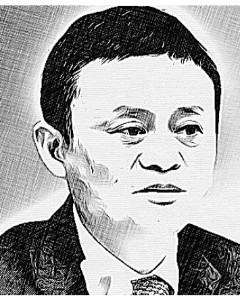
Jack Ma, the founder of Alibaba and a global business leader, had his fair share of rejections. After graduating college from his home city of Hangzhou, China, he applied for 30 jobs and got rejected from all of them. He applied to be a police officer. Out of five applicants, he was the only one rejected.
He was even rejected by KFC. When they came to his home city, he tried to get a job with them. Out of 24 applicants, he was the only one rejected, he stated.
Later on, the rejections did not stop! Ma tried to get into Harvard Business School ten times, and got rejected every time. When he came to the USA in 2001 to raise $5 million investment, he got rejected. “…we [will] come back raising a little bit more,” he said.
Ma attributes his resilience and success as entrepreneur in part to the rejections he encountered all the way.
Brian Acton
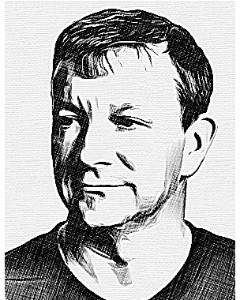
Brian Acton, co-founder of WhatsApp, got his “best thing happened to me” rejections as well. In 2009, Acton —a software engineer with years of experience at Yahoo and Apple —got rejected by Twitter, then Facebook.
As no other company he aspired to join would hire him, he took the entrepreneurship route and started WhatsApp with Jan Koum — another Yahoo alum.
Five years later, the cloud-based messaging company co-founded by Acton changed how people text around the world. The company who rejected him earlier — Facebook — wanted him. This time, they had to pay $19 billion to acquire his company and hire him back.
Brian Chesky
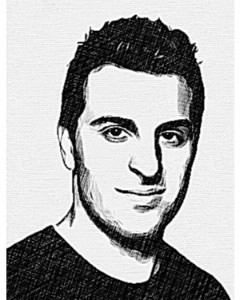
In 2008, Brian Chesky, co-founder and CEO of Airbnb, was a “nobody” entrepreneur looking for someone to believe in him, his small team, and their idea.
Chesky and his team were looking for $150,000 investment for 10% of Airbnb. One of his friends introduced him to seven potential investors. Five of them rejected him, and the other two didn’t bother to even reply to him.
Ten years later, in 2018, Airbnb is the largest hotel company in the world. Rejecting Chesky’s 10% offer turned to be a $3 billion mistake for those investors now that Airbnb is valued at $30 billion.
Kevin Systrom
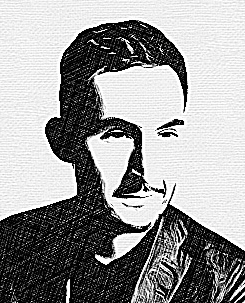
Systrom, the co-founder of Instagram, joined Google right after graduating Stanford.
He worked with Salar Kamangar — a senior Google executive— who was impressed by Systrom, and wanted to transfer him to Googles’s Associate Product Manager (APM) program.
The APM program is an elite rotational program at Google where a select few are chosen and given vital roles in real-impact projects.
Systrom was rejected because the program only accepted candidates with a computer science degree. This occurred despite Salar Kamangar’s efforts to convince his fellow executives to accept Systrom who “is a brilliant self-taught programmer with a history of working closely with engineers to ship products”.
Frustrated by the rejection, Kevin left Google to later co-found Instagram in 2010 and sell it to Facebook for $1 billion two years later.
The lesson
While rejection is a setback in the short term, it is a necessary step to potential significant outcomes in the long term that are unlikely to happen without it.
We have a choice. We can choose to get depressed over the rejections we receive because “we are not good”. Or we can choose to have faith that our future days want the superiority for us by getting in the way of inferiority. I choose the latter and I trust you do too!
Sources
[1] Einstein: Wikipedia, The Extraordinary Genius of Albert Einstein.
[2]Srinivasa Ramanujan: Wikipedia, Who Was Ramanujan?
[3] Jack Ma: Wikipedia, Rejection — Jack Ma.
[4] Brian Acton: Wikipedia, Forbes.
[5] Brain Chesky: Wikipedia , Brian Chesky’s Medium
[6] Kevin Systrom: Wikipedia, How Google Works
